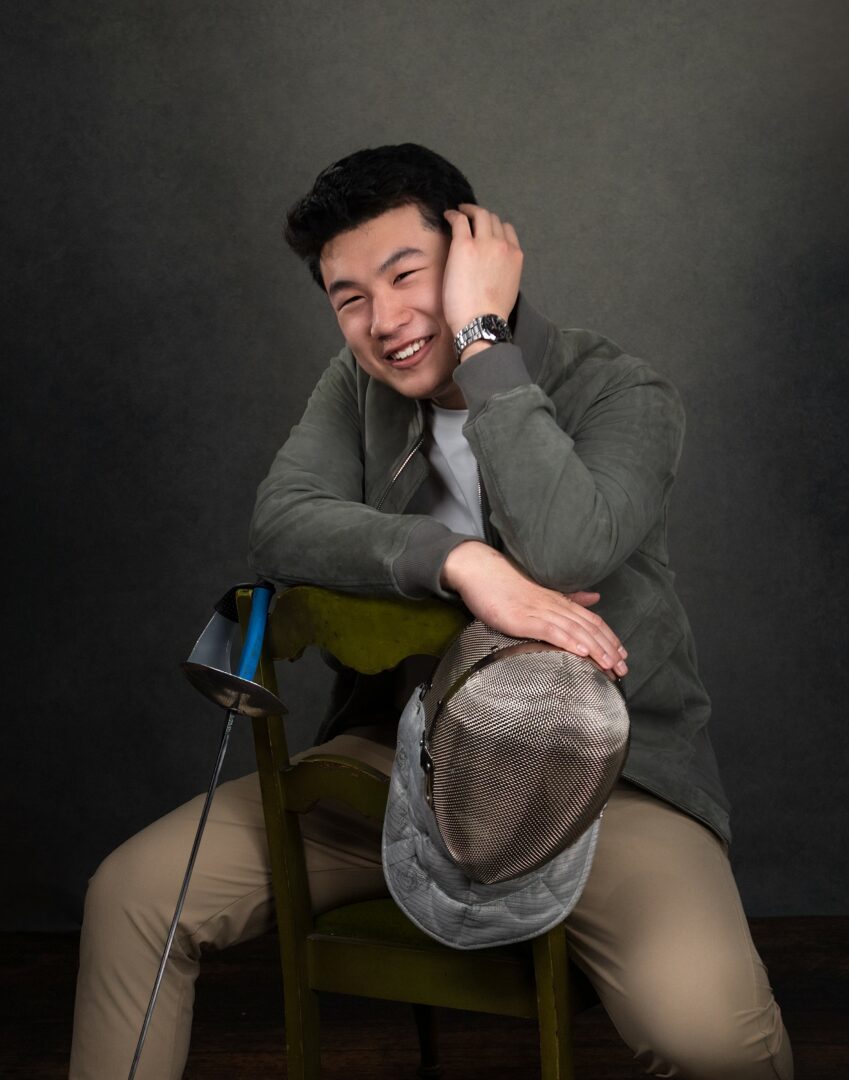We recently connected with Philip “theo” Lin and have shared our conversation below.
Hi Philip “Theo”, thanks for sharing your insights with our community today. Part of your success, no doubt, is due to your work ethic and so we’d love if you could open up about where you got your work ethic from?
The short answer is that my work ethic comes from being a competitive athlete.
The long answer is that oftentimes, as a competitive athlete, when the results don’t match the effort I put in, the only thing I can do is to keep trying and keep putting in 100% effort. This mentality, combined with a bit of hope, ultimately allows me to achieve success.
I also know that in order for me to achieve my goals – whether it be on the fencing strip or with my nonprofit organization, DoGood – I have to be willing to sacrifice certain luxuries, such as free time or hanging out with friends. And I also realize that success doesn’t look the same for everyone: we all have our own goals and dreams.
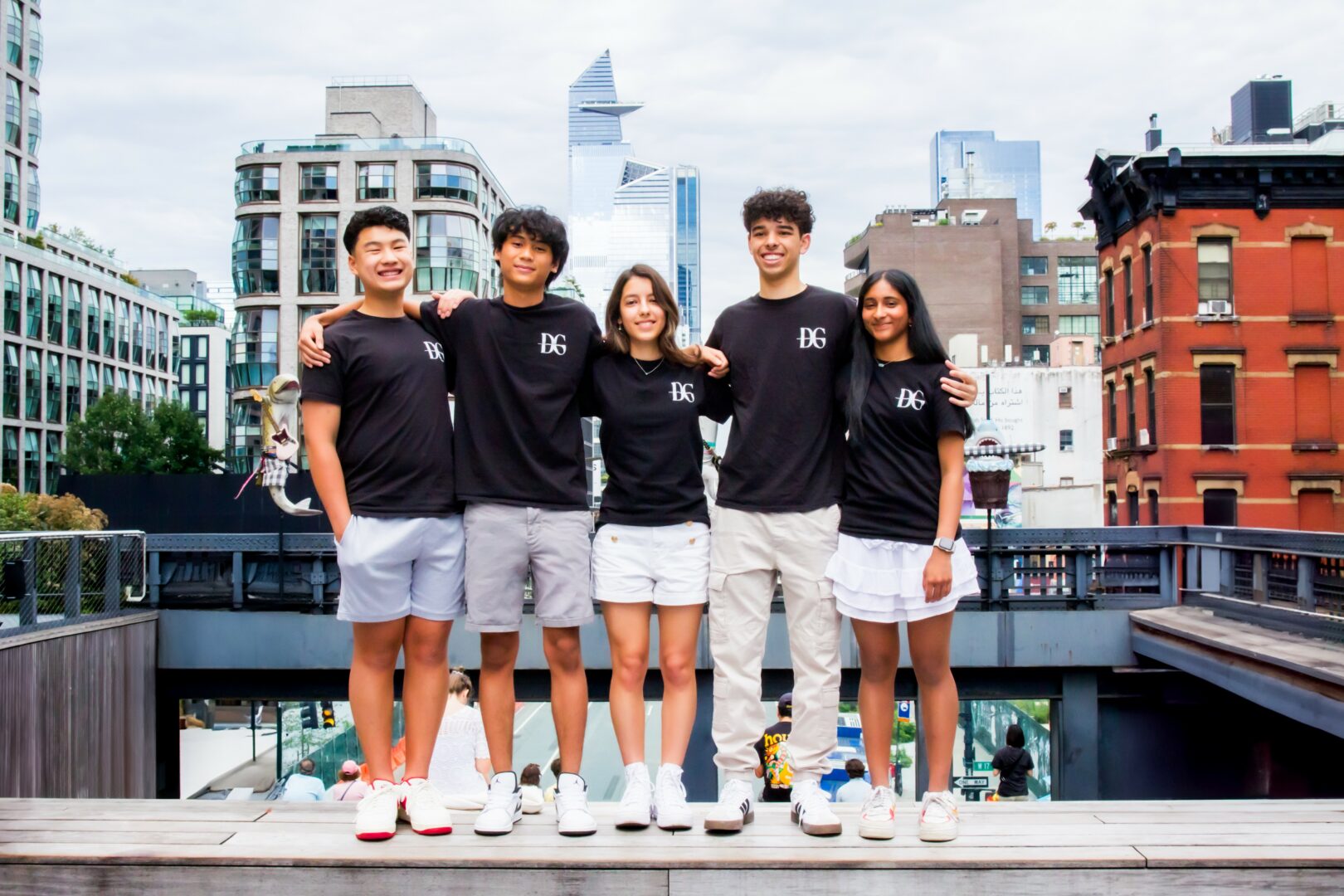
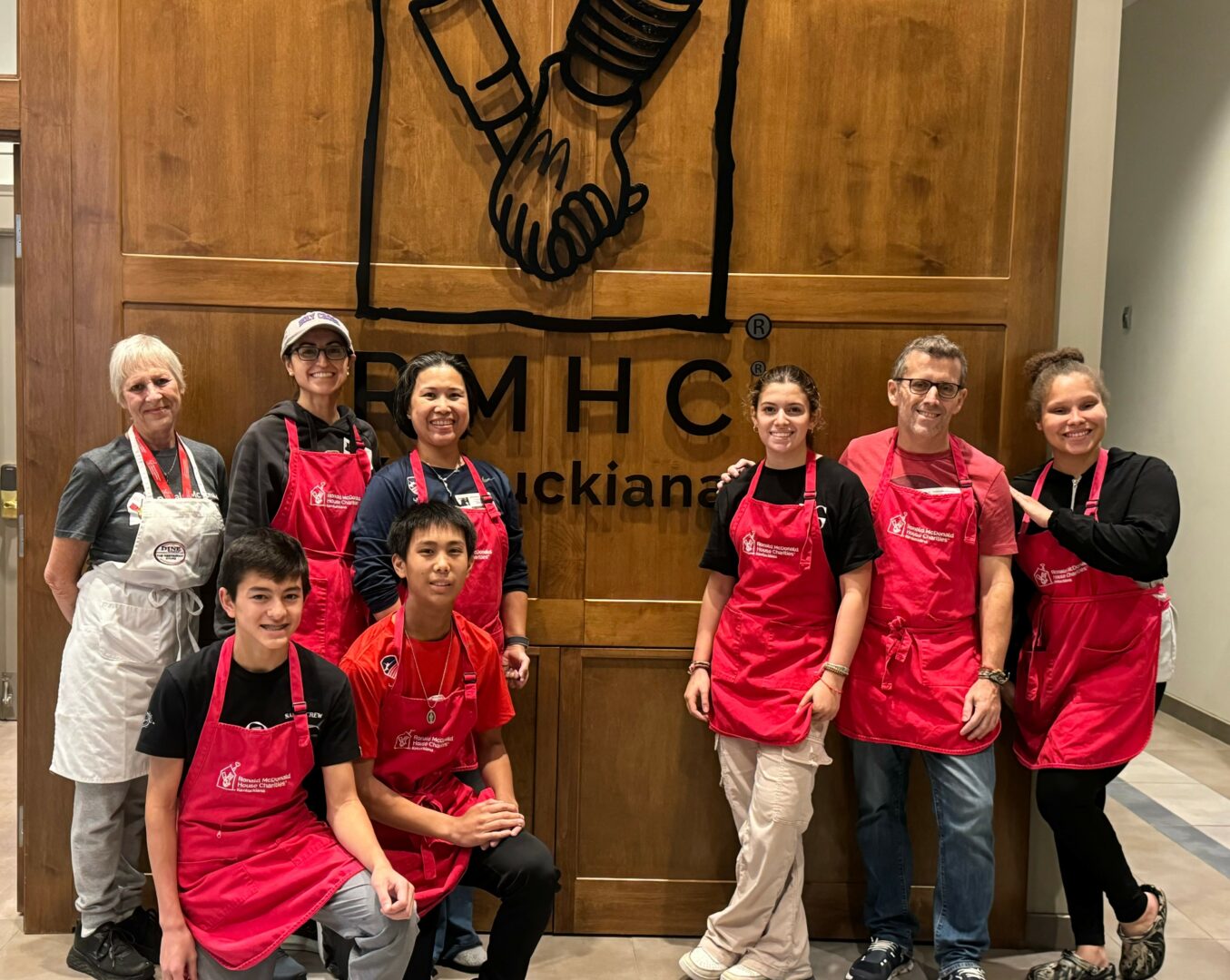
Thanks for sharing that. So, before we get any further into our conversation, can you tell our readers a bit about yourself and what you’re working on?
In the spring of 2024, I began an organization called DoGood. DoGood’s mission is to provide opportunities for fencers – people like me – who were going to national tournaments to give back to the local communities in which the tournaments were being held.
I was only 15 years old at the time, and it was a big goal that I had in mind. There are national tournaments every month, and thousands of fencers attend each one. I also am in high school, and as a student and an athlete, I already had a lot of things on my plate. I had a lot of schoolwork and I was also going to practice nearly seven days a week. To say that starting this organization was a monumental task is an understatement.
But I knew that there was an opportunity here to help the fencing community make a positive difference in the world. Here were a few thousand fencers, not to mention their families and all of the support staff like coaches, who were descending upon a city for four or five days. It was untapped potential to do a great amount of good.
In the beginning, it was hard. I did not have any experience building an organization, or running a team. On top of that, the team were all high school-aged fencers like me, and they were also all my friends. It’s sometimes hard to tell your friends what to do. Getting other people and organizations on board with our vision was probably the hardest thing I’ve had to do. Sometimes we had to ask more than once, or ask in a different way. My team and I really learned from this experience. We’re learning every day.
I’m most proud of the fact that I had an idea, and in less than six months, my team and I were able to make that idea a reality, despite our age, lack of experience, and all the other obstacles. I remember when I first told some people my idea, their first reaction was: that’s a lot of work. But I’m not afraid of hard work, and neither is my team. We are making a difference in the world, and I believe that we’re also inspiring people in the fencing community to not wait for a special time or place to help other people, but to help other people wherever we find ourselves.
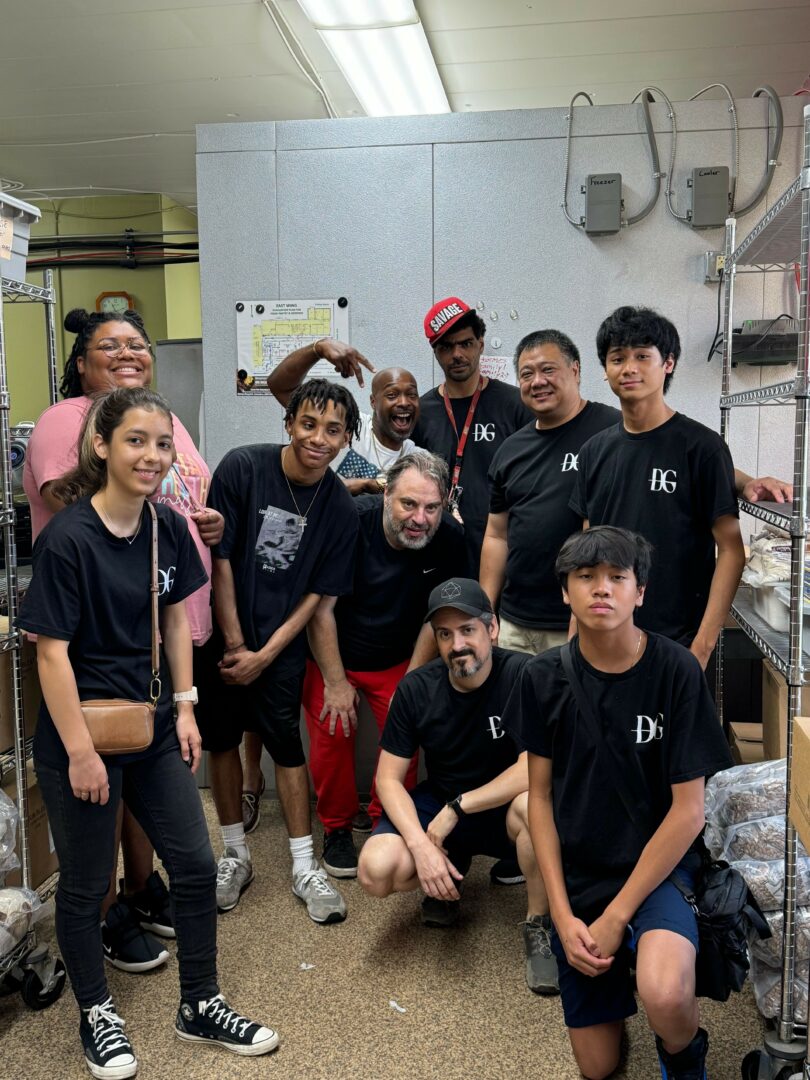
If you had to pick three qualities that are most important to develop, which three would you say matter most?
The three skills that I think had the most impact on my journey thus far are:
1. Time management
My parents always told me that everyone is given the same 24 hours in a day. I learned very early on in the process of building DoGood that I had to not just think about what I needed to get done that day, but also what I needed to get done that week, the next week, and even that month. I learned that each block of time, no matter how small, was a chance to get something done, and I couldn’t waste it as I had before. If I was traveling to practice, I could hold calls with local nonprofits. If I was in between classes, I could send some emails. You learn very quickly that five minutes is actually a long time!
2. Persistence
In the beginning, when we were pursuing a partnership with key organizations, we were basically told “no.” It was easy at this moment to say okay, this is the end. But building DoGood has taught me that sometimes you have to keep asking, or ask in a different way, or ask at a different time. You have to keep asking. Sometimes the first “no” is not the last “no.” I know it sounds a little selfish, but you have to figure out how to get what you need or want.
3. Knowing your limits and trusting your team
As a leader, one of the most important things to understand is your own limitations. It’s really easy when you’re trying to get something done, especially under a time constraint, to try to do everything yourself. I knew that tactic was not going to work if I was going to build DoGood into a successful organization. I needed to trust my team. I needed to trust that DoGood was as important to my team members as it was to me. I needed to trust that everyone would learn to juggle their own schedules and get their work done. Trust is so important to us as a team.
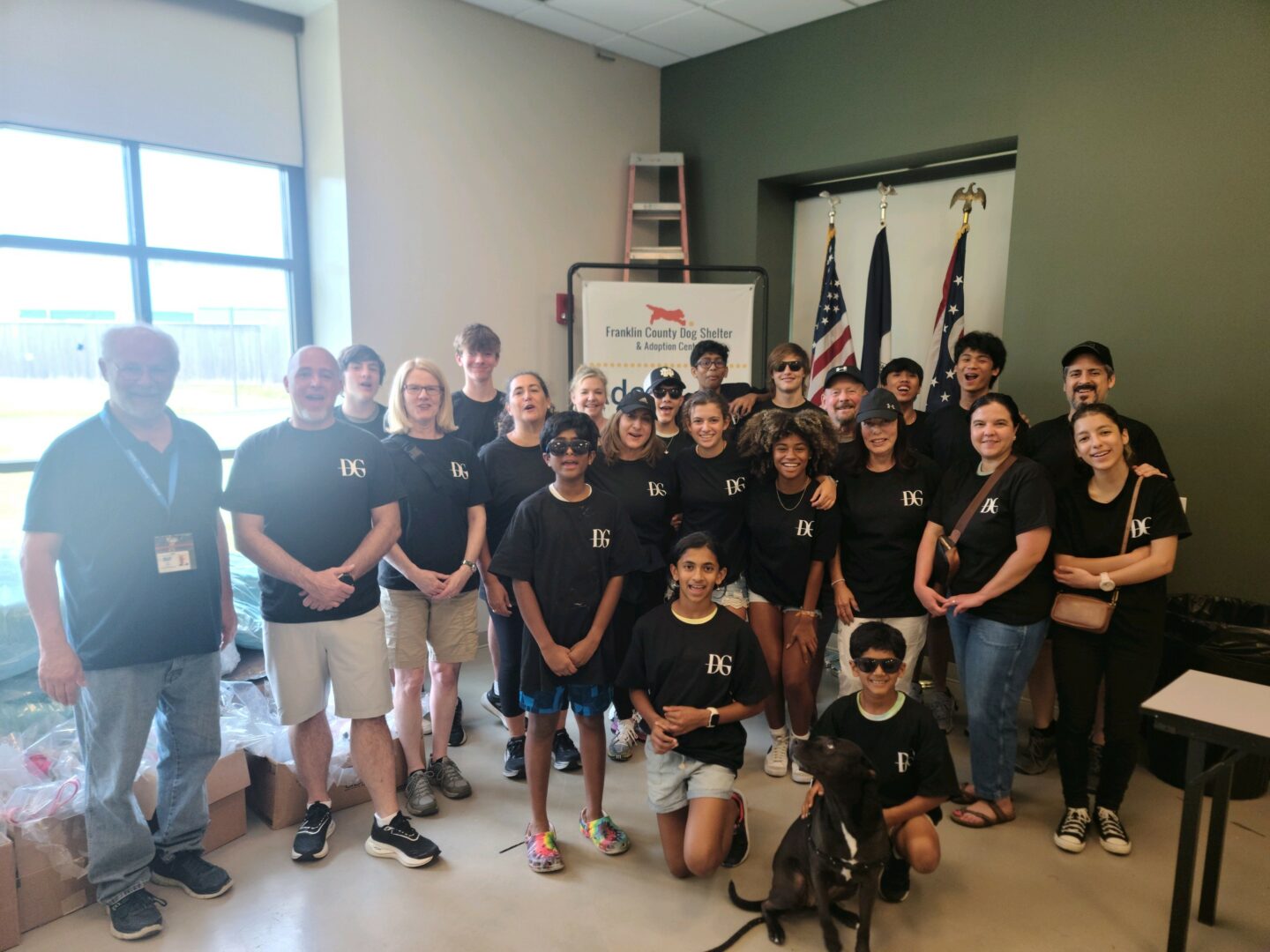
Before we go, maybe you can tell us a bit about your parents and what you feel was the most impactful thing they did for you?
My parents, especially my dad, have always encouraged me and my siblings to take risks. Both my parents are immigrants, and they’ve always said that emigrating to the US was one of the biggest risks they took. And so for me and my siblings, they didn’t want us to live life afraid, or scared to try new things, or unwilling to do something that seemed impossible or hard. Probably the most important thing, though, is that they also taught us not to be afraid of failure – that it’s okay to fail, and that we could always come home if something didn’t work out. It’s that security of knowing that I always have somewhere safe to land that gives me the courage to dream big, take risks, and go for it.
Contact Info:
- Website: https://www.fencersdogood.org
- Instagram: @fencersdogood
- Facebook: @fencersdogood
- Linkedin: philip-lin-197ba5347
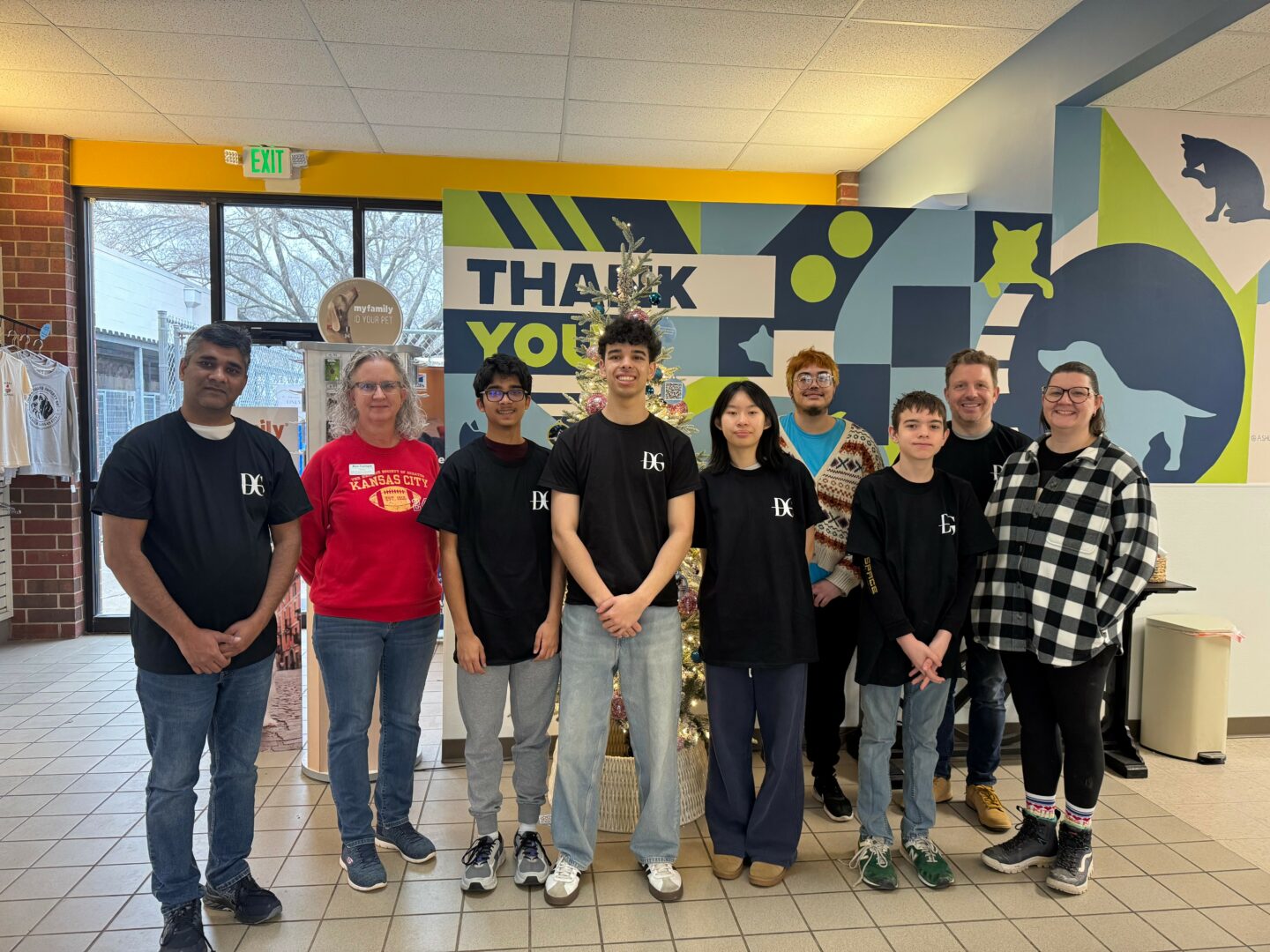
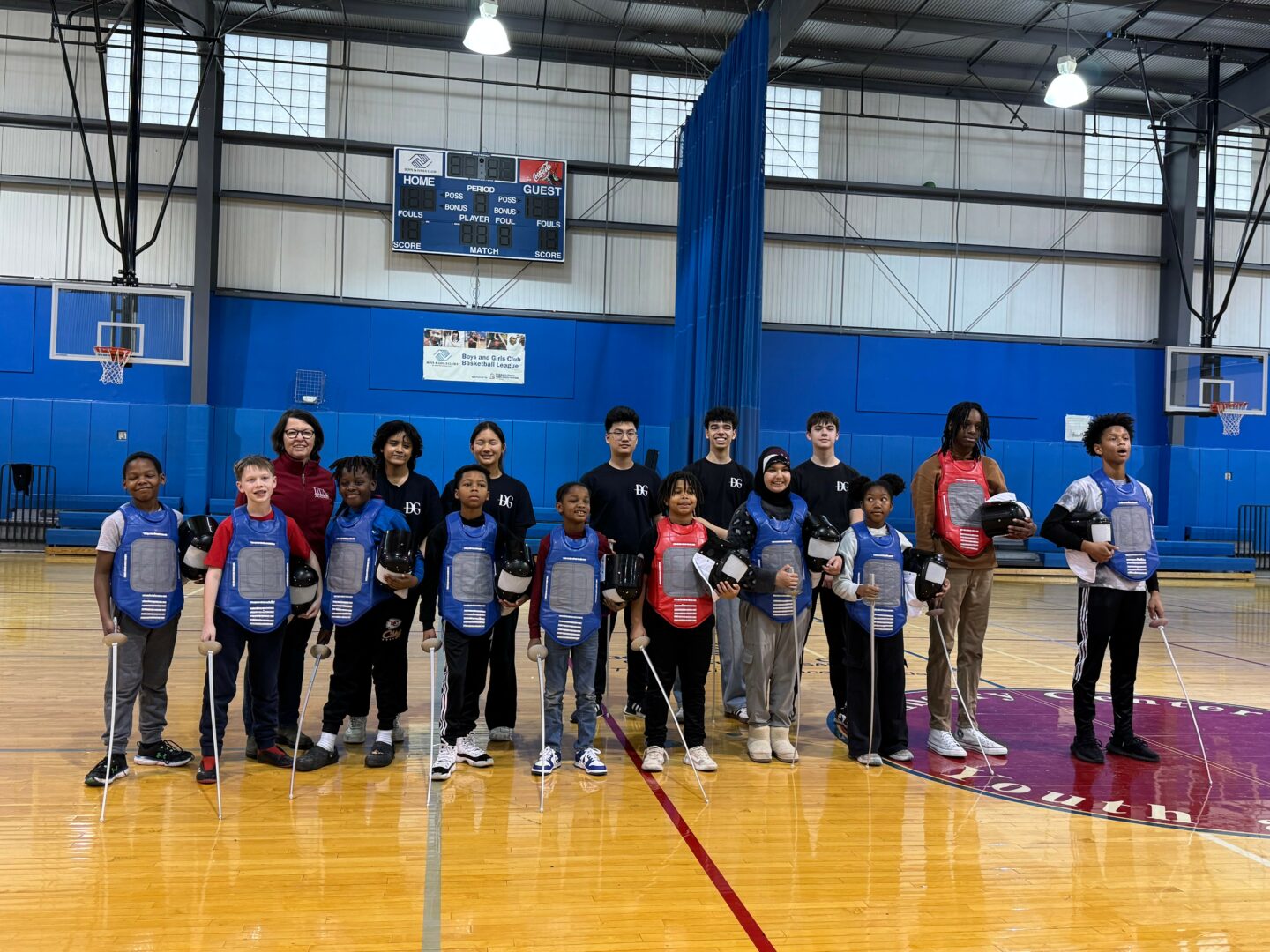
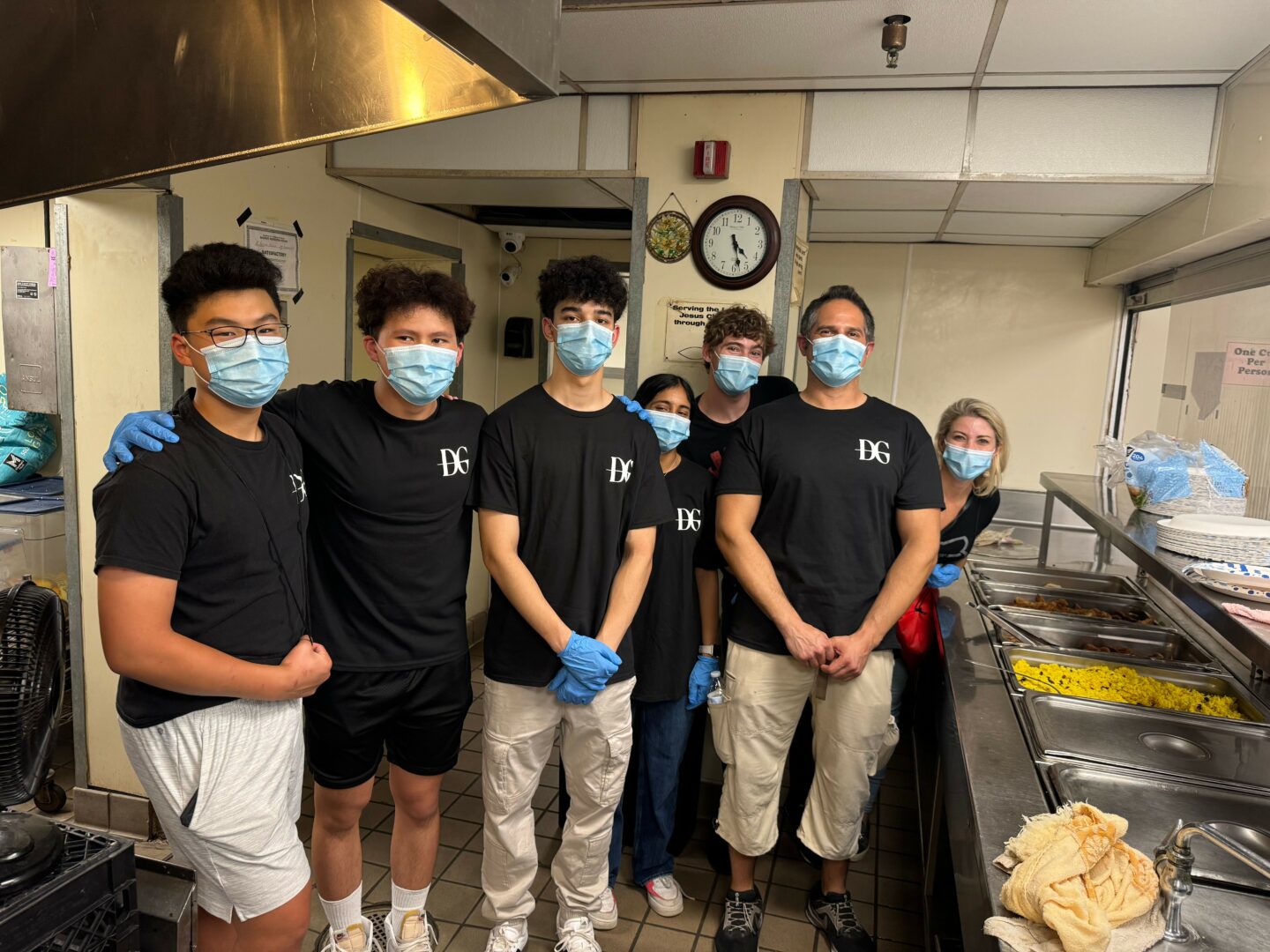
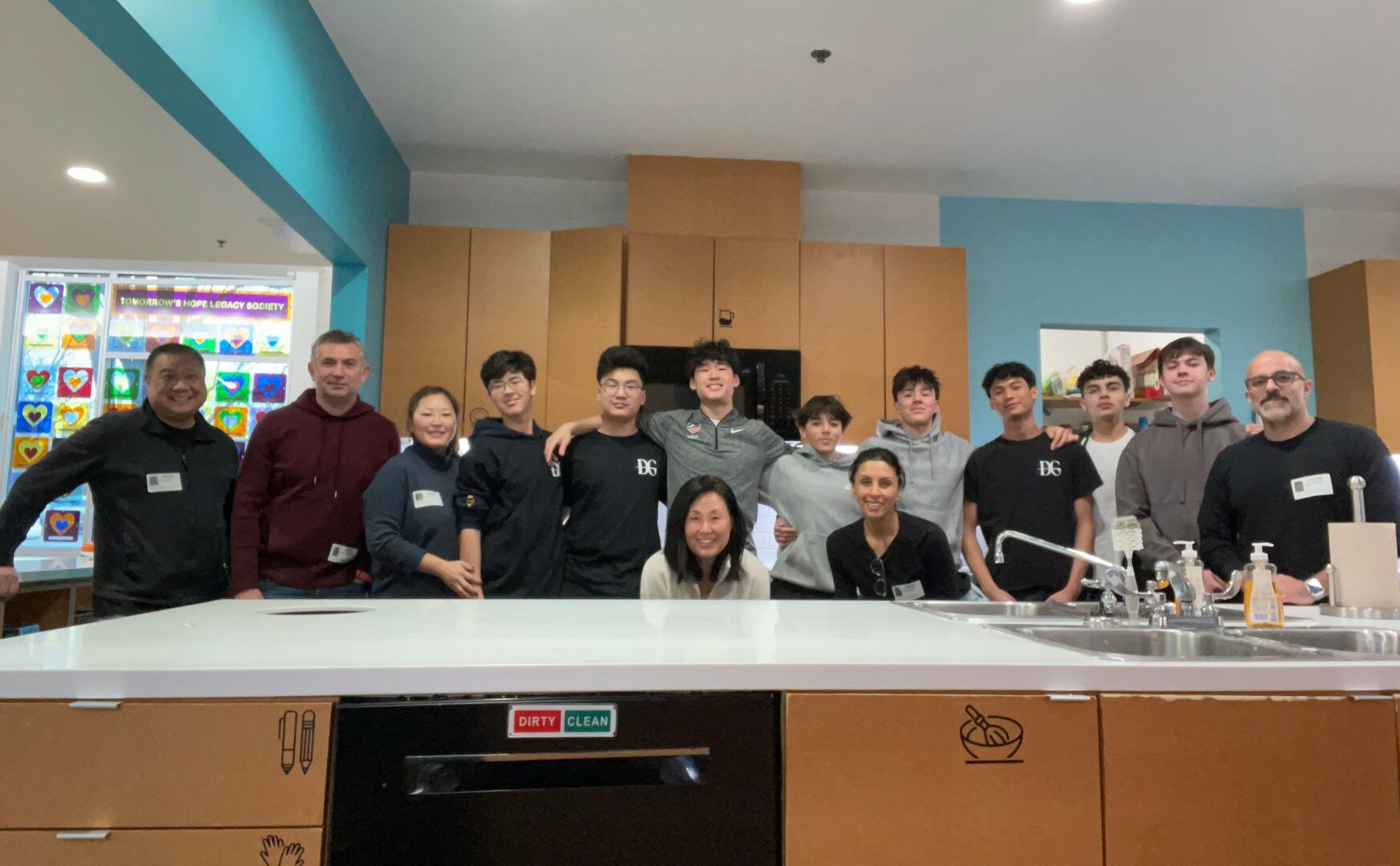
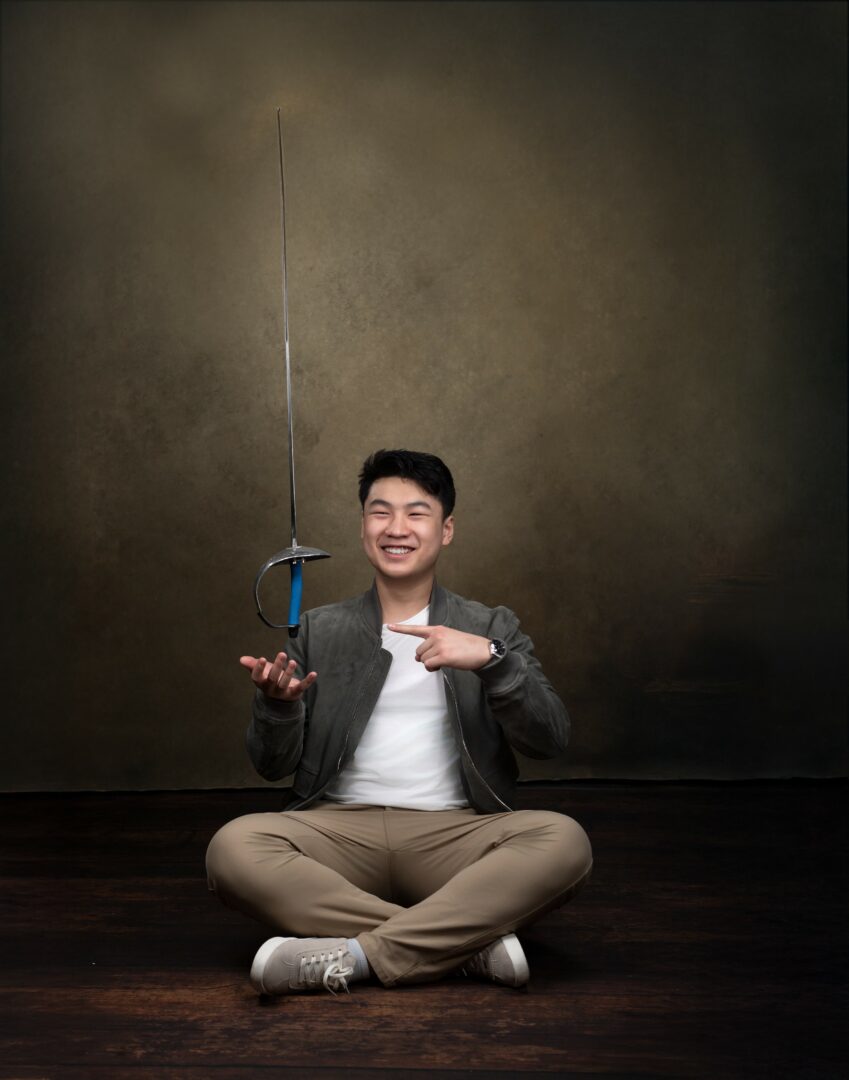
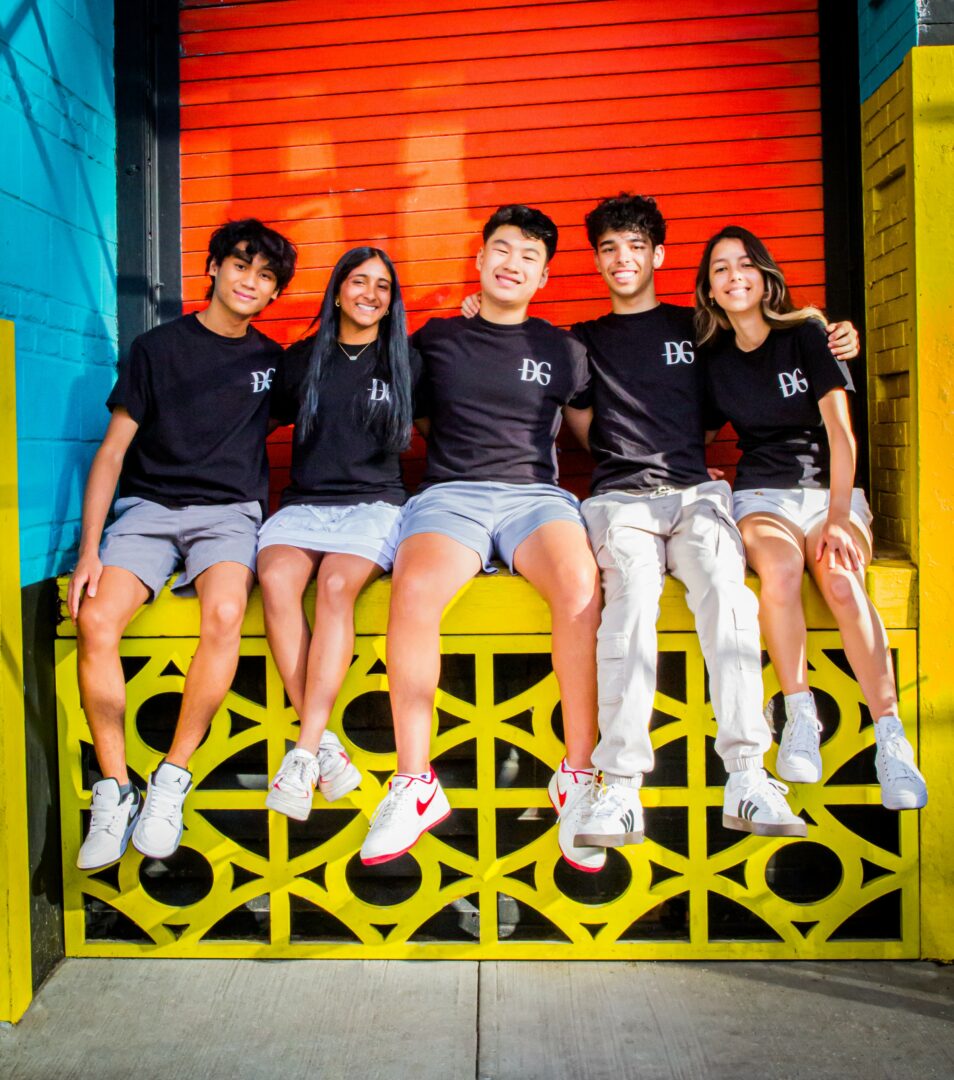
Image Credits
Two pictures of Theo – Beth Madison Photography
Two DoGood team pictures (city skyline and colorful background) – Elizabeth Botero
so if you or someone you know deserves recognition please let us know here.

